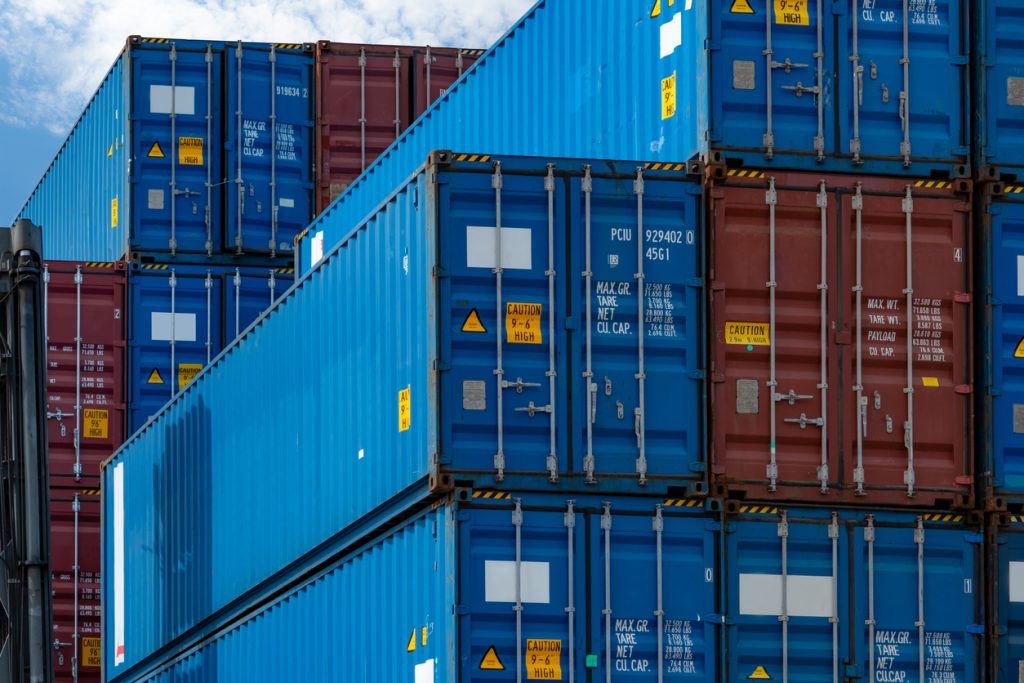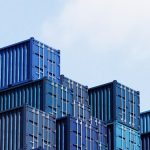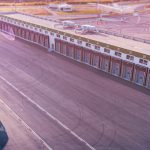A bonded terminal in Nigeria is a customs‑licensed facility—either within seaports, airports, or inland dry ports—where full containers are stored under customs control. This allows importers to defer duty payments, undergo inspections, or prepare cargo for distribution or re‑export .
2. Why Bonded Terminals Matter
Bonded terminals are vital to Nigerian logistics because they:
- Decongest major ports like Apapa and Tin Can Island
- Speed up customs with on-site NCS presence
- Improve cash flow through duty deferral until cargo is released
- Enable duty-free re‑export, saving on taxes
- Increase supply chain flexibility, allowing staged cargo release
3. How Bonded Terminals Work
- Container arrival at port (Apapa/Tin Can)
- Transport under bond to terminal (road/rail to Lagos inland or regional terminals)
- Customs inspection and storage—full containers remain sealed under NCS supervision
- Clearance triggers, including payment or re-export
- Transport to final recipient once released
Government inland dry ports in Kano and Kaduna (established 1980–82, ~8,000 TEU capacity) serve hinterland needs .
4. Notable Bonded Terminals in Nigeria
| Terminal | Location | Capacity & Features |
|---|---|---|
| Denca Bonded Terminal | Lagos (Apapa/Tin Can) | ~7,000 TEU; advanced equipment |
| Sifax / APM Terminals | Apapa | Integrated seaport-offdock operations |
| Maersk Inland Depot | Kano | Inland dry port with customs & rail access |
| Kingsoo Terminal | Port Harcourt | ~300 TEU; full customs facilities |
| Zarmmak Bonded Terminal | Lagos | Licensed offshore container services |
| MIGFO Off-Dock & Dry Port | Lagos & Port Harcourt | Off-dock facility & 10,000 TEU inland capacity |
| AIM Logistics | Lagos | 1,500 container slots, customs seat license |
| Quicka & Classic Marine | Lagos | Licensed terminals easing port congestion |
5. Benefits for Importers & Exporters
- Faster clearance & reduced demurrage: On-site customs speeds inspections and release times
- Cost savings & financing flexibility: Delay duty until needed to ease cash flow
- Secure and scalable storage with modern stacking and security systems
- Flexibility to re-export—goods never enter domestic market, avoiding duties
6. Challenges & Improvements
- Infrastructure constraints, including poor access roads and limited terminal space
- Regulatory uncertainty—frequent customs policy changes
- Port spillover congestion, which can still delay bonded transfers
- Modernizing via automation: NCS’s new Automated Transit Process aims to digitize transit, improve tracking, curb smuggling, and enhance transparency
7. Best Practices for Businesses
- Choose facility based on location & capacity—e.g., Denca/Maersk in Lagos for volume, Kingsoo in Port Harcourt for regional needs
- Ensure proper customs licensing and observe NCS regulations
- Leverage automated tracking using updated NCS systems
- Use LTAs or freight forwarders with bonded terminal experience
- Opt for cargo consolidation in groupage terminals when suitable
8. Role of Lekki Deep-Sea Port
The new Lekki Deep Sea Port (operational since April 2023) will host its own bonded terminal capability, significantly increasing Nigeria’s container capacity and easing reliance on Apapa/Tin Can .
🧭 Conclusion
Bonded terminal cargo movement in Nigeria is central to efficient logistics—optimizing port throughput, customs processes, financing, and storage flexibility. Despite infrastructure and regulatory hurdles, ongoing automation and new port developments continue to enhance the system. For businesses involved in parcel shipping, containerized trade, haulage, or driver hire, integrating bonded terminal strategies is crucial for cost-effective and scalable operations.







